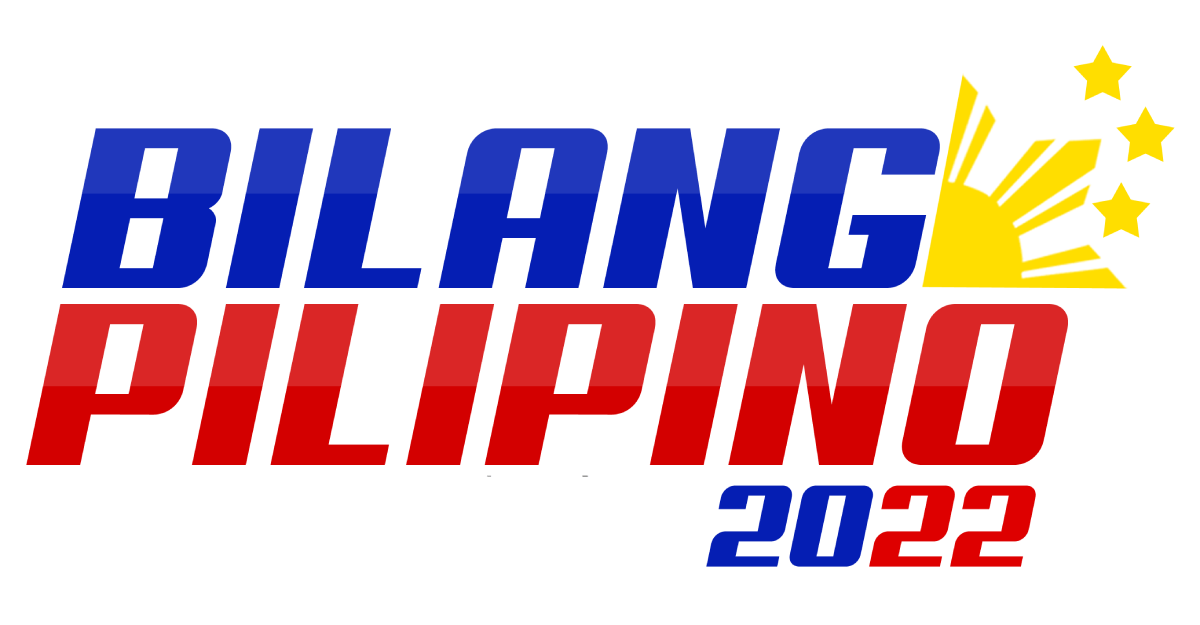Could attendance in media forums and debates actually affect a candidate's survey ranking?

How important, if at all, is a candidate's participation in media forums and debates to his or her chances of being elected?
The election campaign season is in full swing, as national and local candidates try to make their presence felt through on-the-ground sorties, on-air media presence, and social media blitzes. Almost everyone is trying to get as much coverage as possible, save for Ferdinand "Bongbong" Marcos, Jr., who has opted to skip a number of events for a number of reasons.
But despite, or because of, his non-participation in debates and forums, he has continued to, and even widened, his lead in the recent Pulse Asia survey.
Should Marcos Jr. continue to snub a number of debates and forums, will his survey lead take hold? Does Marcos Jr. already have it in the bag?
"Risky" strategy
Not really, said political analyst Dindo Manhit, founder and managing director of the Stratbase Group, who noted that the recent Pulse Asia survey was done before the debates and forums that Marcos, Jr. skipped recently.
“It would be good to see what the results would be after his non-appearance and after all these campaign sorties of February. I think the next survey will give a better understanding of what people’s positions are because now there is more aggressiveness on the campaigns," said Manhit.
University of the Philippines political science associate professor Jean Encinas Franco also said that the importance of debates should not be discounted as they let the people know better the platform of the candidates, but its effect may also lie on what voters are looking for at a particular moment.
"His (Marcos Jr.'s) absenteeism will have an effect if his political supporters consider debates as important,” said Franco.
In a Feb. 14 interview with CNN Philippines' anchor Rico Hizon, Prof. Julio Teehankee called Marcos Jr.’s decision to be choosy with his interviews as “risky” despite his lead. Teehankee said the Marcos Jr. camp may be borrowing from the Erap Estrada playbook in the 1998 elections, where he only gave two interviews and won. But conversely, there was also the case of Fernando Poe Jr., (FPJ) who also did not grant interviews and lost to Gloria Macapagal Arroyo in 2004.
With the case of Poe Jr., however, Manhit pointed out that Arroyo's victory was marred by cheating allegations, a claim that erupted following the "Hello, Garci" controversy. In her recently launched memoir, Arroyo maintains that she won the 2004 elections fairly.
“However, had he been more visible in debates, he would have made it harder for the cheating to happen by having a bigger margin,” said Manhit.
Manhit also noted how President Rodrigo Duterte and former President Benigno "Noynoy" Aquino III both participated in debates and forums.
“Marcos Jr. has been choosing his space in media engagement compared to Duterte, who used those debates to win. President Aquino made himself (available) to the media also, so from these examples, you can see the value in that,” said Manhit

Survey reliability
Will appearance in these marquee media events have any bearing on a candidate's survey ratings? Analysts said that no matter the sheen of seeming inevitability for a leading candidate to secure the victory, the contest remains anybody's ballgame until the actual elections.
“Surveys are reliable on the day they were conducted. People continue to reflect on who they will vote for until election day,” says Franco.
Manhit said that a survey is "a snapshot in time...not made to predict (an election outcome). They are meant to tell us who the preference is at that moment. That said, they can track the progress of a campaign."
Manhit noted that 2016, Duterte was trailing in 4th place in January surveys before he gained momentum toward May.
"That is why a survey does not tell us who will win, but that if that election happened right that moment, who will people vote for,” noted Manhit.
Manhit noted that there are also undecided voters who have yet to make up their mind.
“Changing minds is shaped by news. Maybe that is why some people avoid debates because people’s perceptions might become different towards you,” said Manhit.
Bloc votes

As in previous elections, an important factor that candidates are looking to lock in are bloc votes from religious organizations such the El Shaddai and the Iglesia ni Cristo. The Kingdom of Jesus Christ, led by the controversial Pastor Apollo Quiboloy who is wanted by the Federal Bureau of Investigation for illegal trafficking, also recently declared support for Marcos Jr. and his running mate Sara Duterte. “Bloc voting by religious groups will be more influential in tight races,” says Franco.
For Manhit, the race will be determined by a bigger bloc of Filipinos: those belonging to Class D, the masa population who comprise a sizable bulk of Philippine society.
In securing the vote of these important sectors, surveys may likewise help shed light to any campaign by highlighting its weaknesses.
For Franco, there is still time for other candidates to catch up. “Candidates must assess their strategies and recalibrate if needed.”

